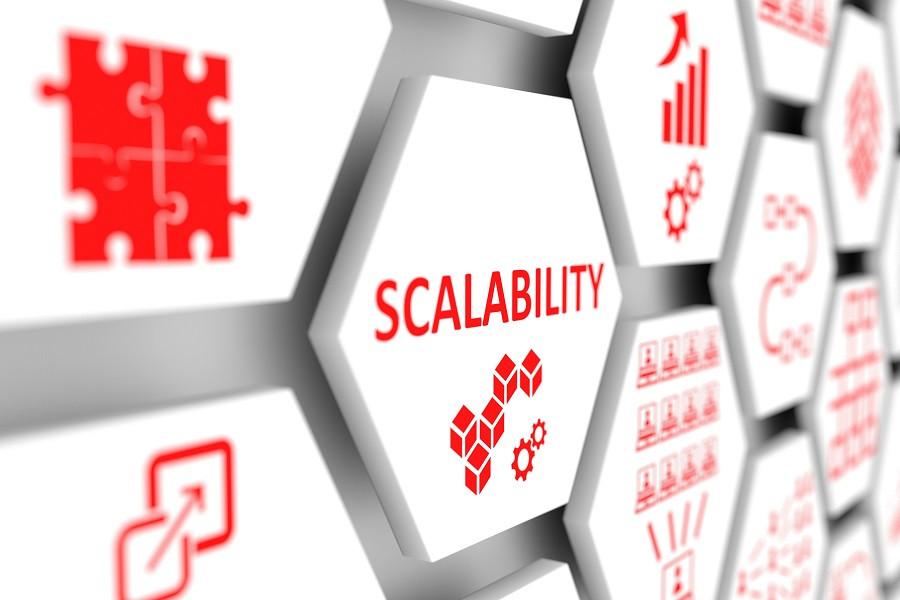Explore the World's Best Ideas
Join today and uncover 100+ curated journeys from 50+ topics. Unlock access to our mobile app with extensive features.
The Challenge Of Scale
Why do some products, companies, and social programs thrive as they grow while others peter out?
There are five causes:
1) False positives, or inaccurately interpreting a piece of evidence or data;
2) Biased representativeness of population, or not making sure your samples reflect the larger population at scale;
3) Non-negotiables that can’t grow or be replicated;
4) Negative spillovers, or unintended outcomes; and
5) Cost traps.
6
55 reads
False Positives
When a seemingly promising idea loses efficacy or profitability as it expands, we call it a “voltage drop.” These failures to scale never happen because of one single reason.
False positives occur when you interpret a piece of evidence or data as proof that something is true, when in fact it isn’t — the inaccurate Covid test results. For scaling, a false positive is an erroneous sign that an idea has voltage when it really doesn’t.
When possible, the solution for rooting out false positives is to have at least three independent replications of the idea that show early promise.
5
33 reads
Biased Representativeness of Population
All ventures must understand their potential audience. The first way to do this is by making sure your test samples in the small scale reflect the larger population at scale.
To weed out biases, make sure your early adopters are a random sample. You should also make sure that your survey respondents have appropriate incentives to tell you the truth. A focus group participant who says they would purchase a product if it was introduced could simply be saying, “I would love the option to consider that product in the future,” as opposed to “I will be purchasing the product in the future.”
5
24 reads
Non-Negotiables That Can’t Grow or Be Replicated
For an idea or enterprise to hold strong at scale, you need to know whether your “non-negotiables” — the drivers of your success — can be replicated at scale. You can’t afford all the talent you need as you grow, so you hire fewer high-performers and quality suffers at scale — a cruel voltage drop.
As you scale, regulatory constraints, resource constraints, fidelity concerns, and a host of other issues might arise. We must bring these scaling constraints back to the petri dish and make sure the idea works with them in place.
5
20 reads
Negative Spillovers
A spillover effect is the unintended impact one event or outcome can have on another event or outcome. A classic example is when a city opens a new factory, and the air pollution it produces impacts the health of nearby residents.
As you scale, the likelihood of spillovers increases dramatically. General equilibrium effects, or natural readjustments of the market, are one chief cause.
When designing your idea early on, you must anticipate negative spillovers and look for opportunities to engineer and benefit from positive ones.
5
18 reads
The Cost Trap
To scale successfully, you need to determine not only how many people like your idea, but also what they’re willing to pay for it and, crucially, how much it will cost to provide.
- One strategy to escape the cost trap of scaling is to make sure you benefit from economies of scale, a skill Elon Musk excels at in all his ventures.
- Another strategy is to create models that don’t rely on top-tier talent. As you scale, finding and paying high-performers will become prohibitive. The solution is to create products that can give their full value to customers even with average performers delivering it.
5
18 reads
The Bottom Line
Just like Leo Tolstoy's quote, scalable ideas are all alike; every unscalable idea is unscalable in its own way.
The difference with scaling is there are only five main obstacles you face. And once you anticipate and avoid them, you can scale your idea for the highest voltage possible.
5
18 reads
IDEAS CURATED BY
Nicholas York's ideas are part of this journey:
Learn more about startup with this collection
How to start a successful business
How to build a strong team
How to market your business
Related collections
Similar ideas
9 ideas
494. Why Do Most Ideas Fail to Scale?
Freakonomics Radio
1 idea
Read & Learn
20x Faster
without
deepstash
with
deepstash
with
deepstash
Personalized microlearning
—
100+ Learning Journeys
—
Access to 200,000+ ideas
—
Access to the mobile app
—
Unlimited idea saving
—
—
Unlimited history
—
—
Unlimited listening to ideas
—
—
Downloading & offline access
—
—
Supercharge your mind with one idea per day
Enter your email and spend 1 minute every day to learn something new.
I agree to receive email updates








